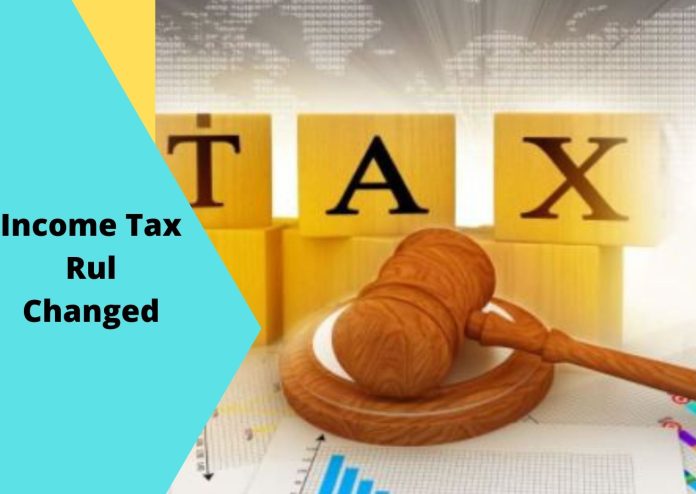
The new financial year is starting from 1st April 2022. From this day, many rules related to income tax will be changed.
From income tax on crypto assets to filing updated returns, new tax rules on EPF, and tax exemption on treatment of Kovid-19, many things will change.
Changes From 1st April: From 1st April 2022, the new financial year will start and from this day many big rules will be changed. How are there such big rules related to income tax and bank which are changing from 1st April.
From income tax on crypto assets to filing updated returns, new tax rules for EPF, and tax exemption on treatment of Kovid-19, many things are changing. Let us know about these major changes.
Tax on income from crypto
Income from cryptocurrencies will be taxed from April 1. With the start of the financial year, a tax of 30% will be applicable on the income from crypto, and TDS of 1 per cent will be applicable from 1st July 2022.
Finance Minister Nirmala Sitharaman had told in the budget presented this time that how much tax will be levied on the earnings from crypto assets.
According to this, for Individuals/HUFs getting their accounts audited under the IT Act, the TDS limit for them will be Rs 50,000 per annum.
If anyone benefits in crypto, then the government will have to pay tax. But if someone has a loss in a digital asset, then that loss will not be able to be set-off with his benefit.
Can file updated IT return
A special facility is being given to the income tax payers on 1st April i.e. in the new financial year. Under this, if you want to fill ITR again by rectifying any mistake or mistake, then you can fill it. That is, taxpayers can now file an updated return of relevant assessment within 1 to 2 years.
NPS Deduction of Employees
State government employees will get new facilities from April 1. Employees will now be able to claim deduction under section 80CCD(2) for NPS contribution up to 14% of their basic salary and dearness allowance by the employer,
which will be in line with the deduction available to central government employees. That is, now the state government employees will also get the facility of central government employees in this matter.





